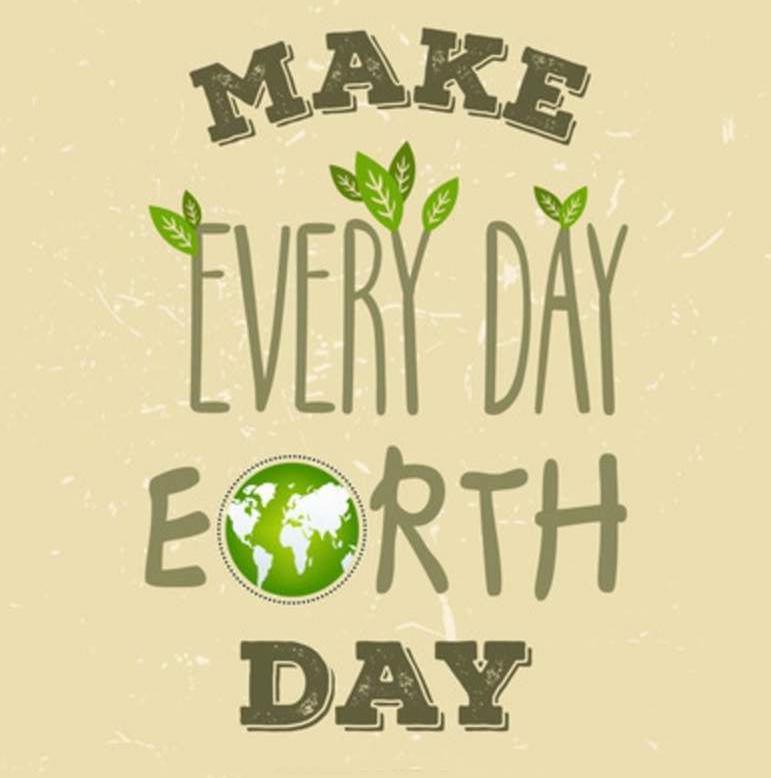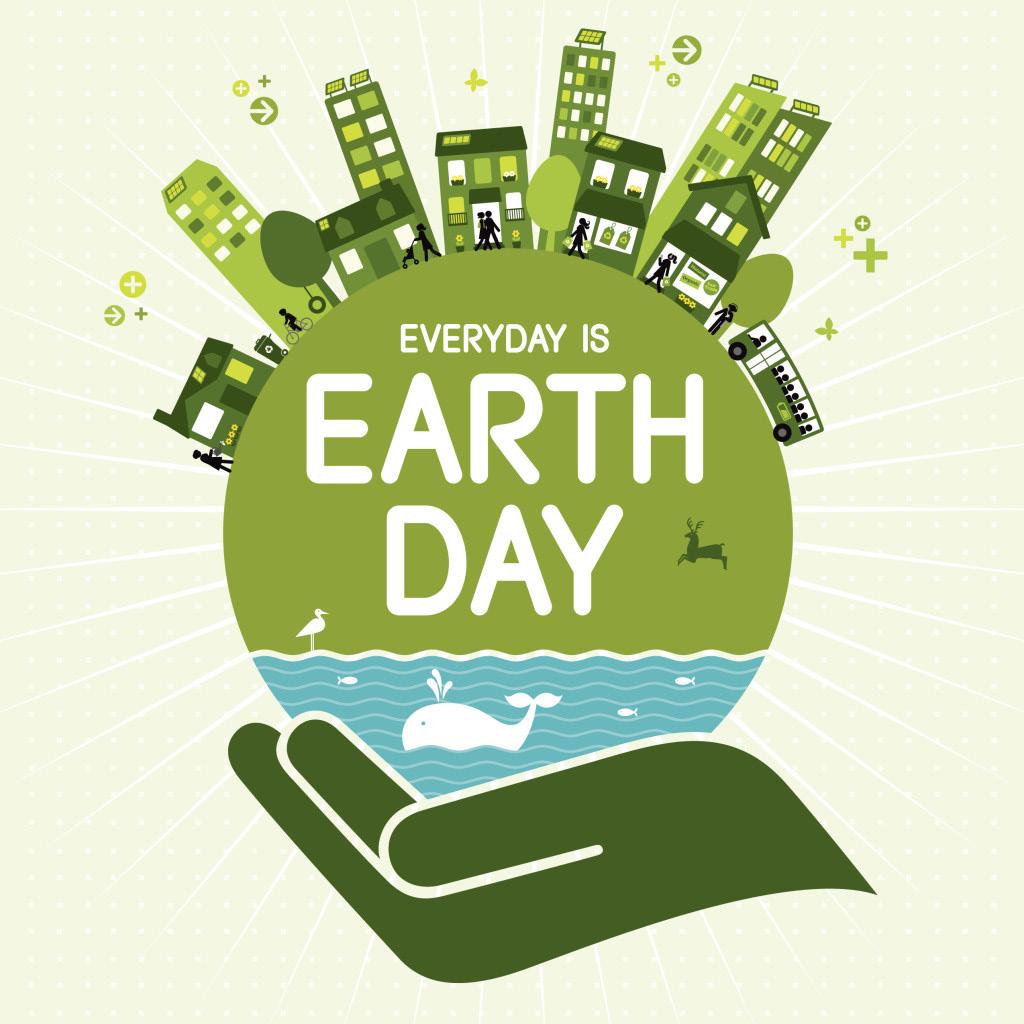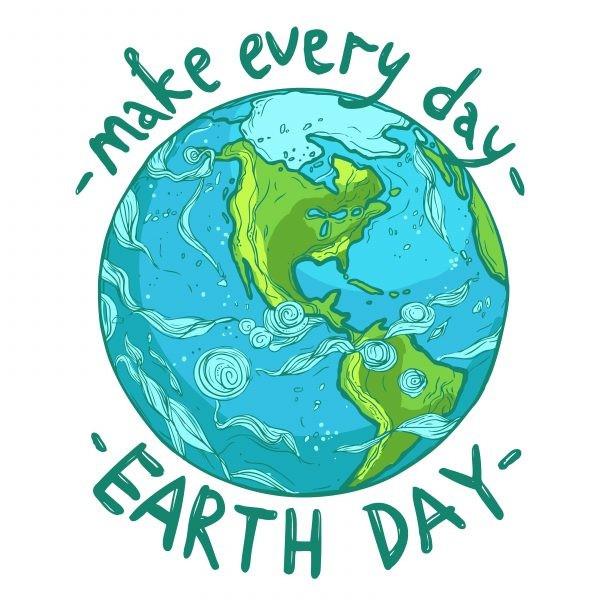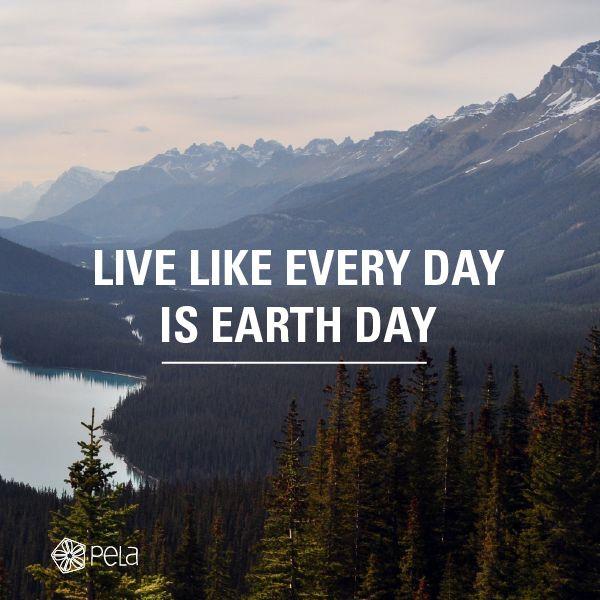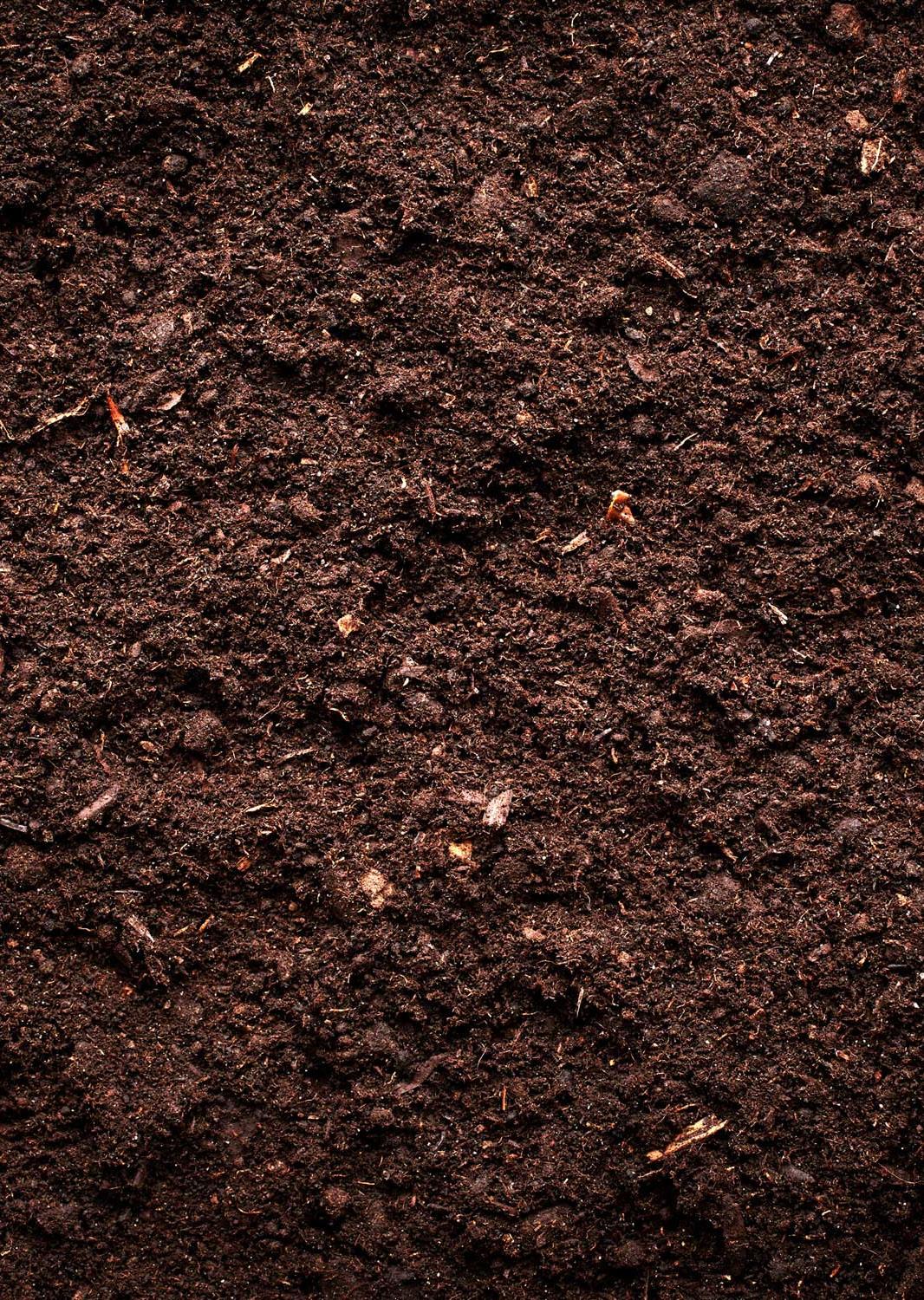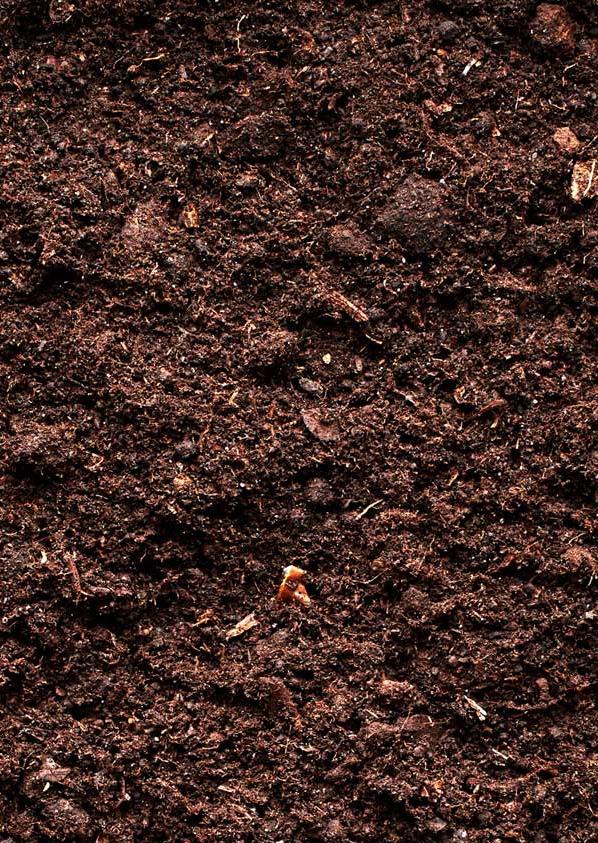
2 minute read
Everyday is Earth Day
Everyday Is Earth Day How the people called for one day to be everyday
Wednesday 22 April 2020 marked the 50th anniversary of Earth Day, an international day that calls for citizens across the globe to reflect on their actions towards the planet, and set resolutions to be more eco-friendly. When it first started in 1970, Earth Day mobilised 20 million Americans to take to the streets to protest against environmental ignorance, and to demand a cleaner, and healthier way forward. Since then, the annual event has seen the United Nations sign the Paris Climate Agreement, and now holds gatherings in 193 countries. However, this year, the action was taken to digital platforms as messages, live talks and videos flooded the internet and social media. One thing that was apparent, as Instagram hashtags flooded our feeds was that, clearly, many see the single Earth Day as worthy of being promoted to every day of the year.
Advertisement
On Instagram especially, illustrations, photographs and short films adopted the message that, as inhabitants of the Earth, we should be thinking about our impacts towards our planet on a daily basis instead of waiting for an annual event to roll around each year. For the first time ever, we are in an era known as the Anthropocene where we, as humans, are controlling nature instead of vice versa, meaning our endless consumption, energy use and waste is having pivotal detrimental effects on natural ecosystems. It is estimated that we now only have 50 years to secure a safe future on Earth for the next 10,000 years. That’s a mighty statement, and one that most certainly cannot be achieved by simply calling for action once a year. So, the Instagram posts were right, right? Everyday is Earth Day?
Unfortunately, this is not quite true. With the consequences of climate change seeming so distant from our busy daily lives, it has been shown that efforts to counteract climate change are actually slowing. Nathaniel Rich’s book ‘Losing Earth’ actually cites how we have known as much about climate change as we do now since 1979, yet the evidence of action is sparse. In this way, the Instagram posts calling for ‘Everyday to be Earth Day’ are a long shot from the current action towards global warming.
Despite this, it is a positive affirmation of hope to see people using their voices to set goals and intentions, as well as reflecting on how urgent action is needed. Therefore, we should all make a pledge to ensure that we do not wait for one day a year to push us into thinking about how we affect climate change, but instead, make it a daily, everyday occurrence.



